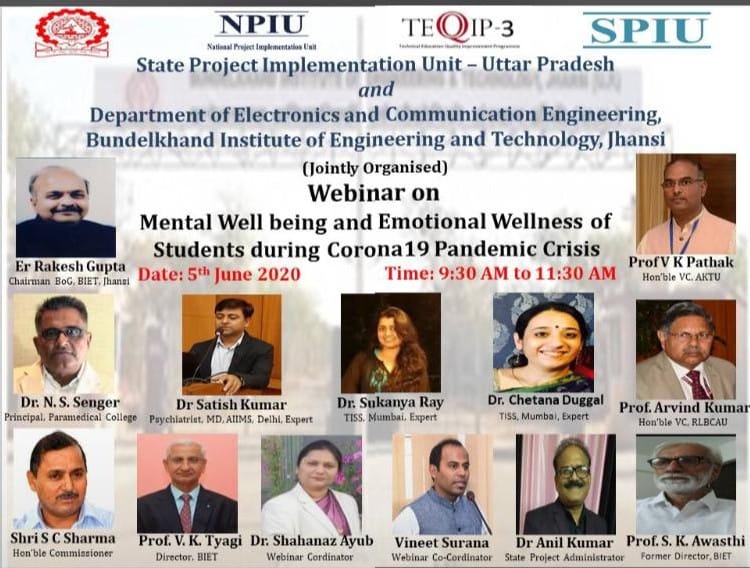Stress term is used loosely in describing a variety of unpleasant feeling states like when frustrated, angry, conflicted, overwhelmed, or fatigued. It can be defined as the body’s physiological and psychological response to situations that are perceived as threatening, demanding, or overwhelming. This response is deeply rooted in our evolutionary history, where it served as a survival mechanism, often referred to as the 3F response Fright-fight- or flight response. In modern times, stress can be triggered by a variety of situations, both positive and negative, such as work pressures, relationship issues, financial worries, or even exciting life events.
When faced with a stressful situation, activation of Autonomic Nervous System (esp. Sympathetic) and Hypothalamo-pituitary-Adenal Axis which releases stress hormones, like cortisol and adrenaline occur. These neuronal & hormonal stimulation prepare the body to take action by increasing heart rate, redirecting blood flow to vital organs, and heightening alertness. While this response is beneficial in short bursts, chronic or excessive stress can lead to detrimental effects on physical and mental health.
Causes of Stress
We are living in a modern world where stress is taking a toll of our lives, even day to day living is becoming stressful. Other reasons are Unemployment, Loss of loved ones, Failure in relationship, Failure in competitive exams etc. we cannot control these situation but we can modify our reaction, emotions ,behavior, thoughts to adapt to these stressor.
Symptoms of stress
Physical- Fatigue, headache, insomnia/hypersomnia, increased muscular tension, palpitations, chest pains, tremor and flushing or sweating, heart attack
Mental- Confusion, indecisiveness, decrease in concentration & memory, mood changes, depression and other psychiatric illnesses
Emotional- Anxiety, nervousness, anger, frustration, worry, fear, irritability
Behavioral- Nervous habits (nail-biting), increased eating, use of substance (smoking, drinking)
Managing and Coping with Stress:
Each person’s reaction to stress is unique so management is also different. One should simply follow 4A rule-
- Avoid
- Alter
- Adapt
- Accept the changes/stressor
Stress management starts with identifying the sources of stress in your life. Our stressors are difficult to identify because we overlook our habits, behavior or thoughts, start by writing-
- Cause of stress
- How you felt?
- How did you react?
- What made you feel better?
Most people adhere to non-healthy techniques to handle stress like
- Smoking and drinking
- Overeating or under eating
- Sleeping too much
- Procrastinating
- Withdrawing from friends and family
- Losing control, getting angry
Healthy ways of dealing with stress are
- Get appropriate Relaxation time daily
- Try to Socialize
- Do something you enjoy every day like cooking, painting etc.
- Exercise regularly & do Yoga
- Eat a healthy diet/avoid junk foods
- Reduce caffeine and sugar
- Avoid alcohol, cigarettes, and drugs
- Get enough sleep (7-8hours)
If despite of your continuous efforts to overcome stress all these strategies fail, consult a psychiatrist who is experienced in managing with medicines and counseling to cope with stress. Dr Satish Kumar MD Psychiatry (AIIMS Delhi) has more than 12 years of experience in treating Psychiatric illnesses including stress. Above all he is very polite and humble and give proper time to reassure and explain coping mechanism to overcome stress.

